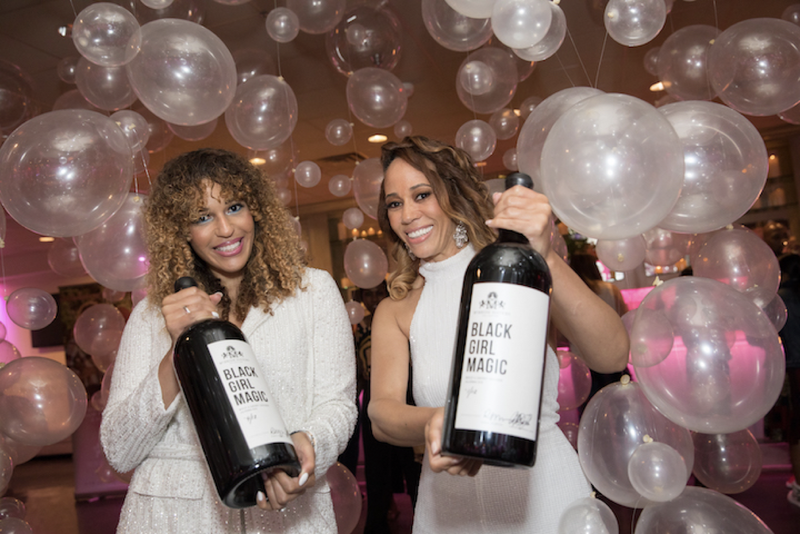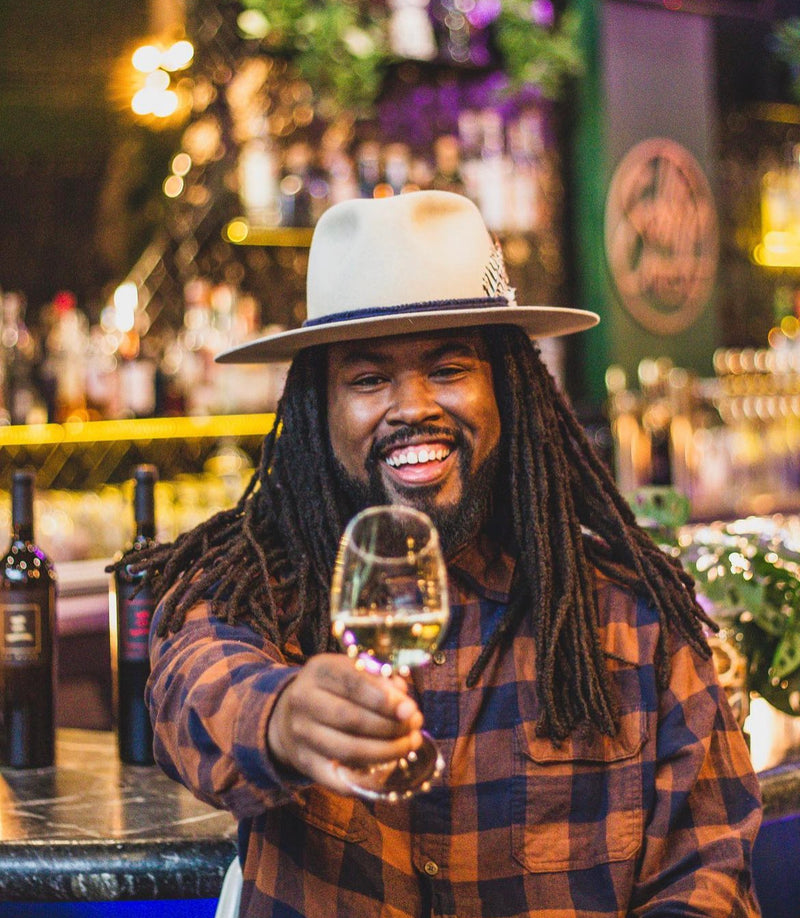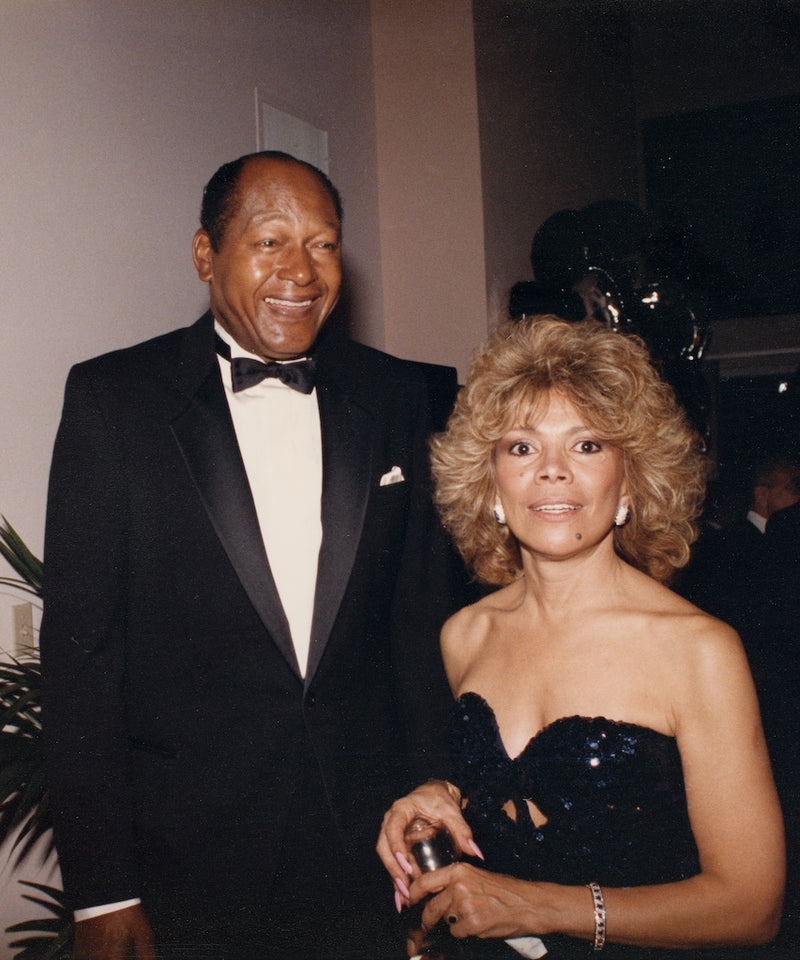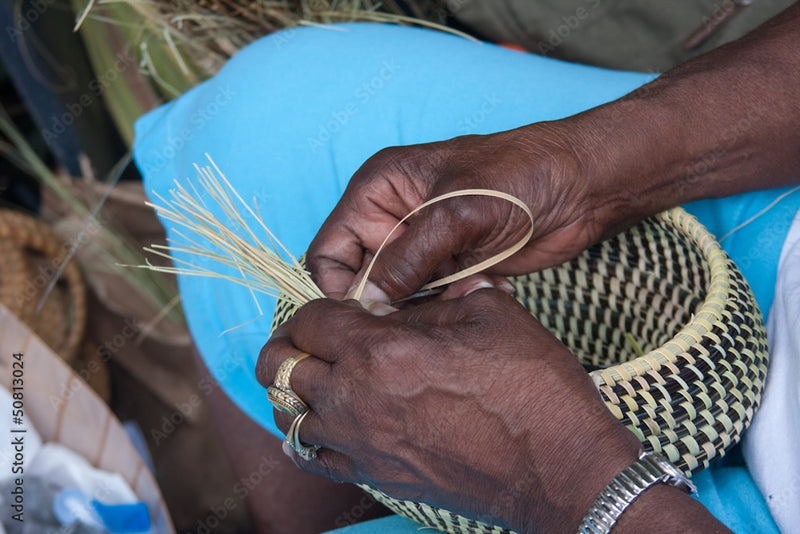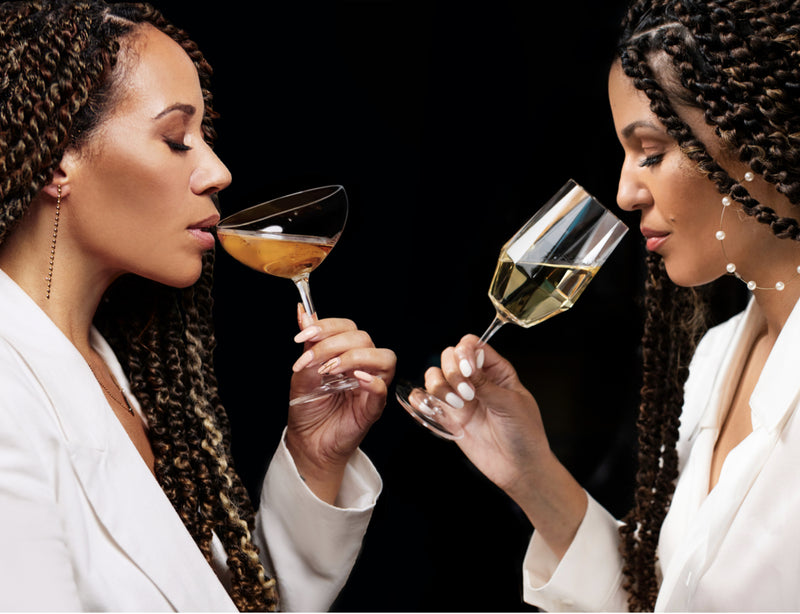Hello 2022! This year, we’re setting meaningful goals and intentions for ourselves. Instead of measuring our success by meeting the expectations of past resolutions, we want to nurture ourselves to grow and build the year of our dreams.
Andréa and I have big plans for this coming year and our vision boards are full. 2022 is the year of being intentional about our lifestyle, focusing on loving ourselves and continuing the momentum of changing the wine industry. We’re focusing on the culture and traditions of our wine lifestyle. By setting wine intentions, you get a chance to ask yourself:
- “How can I feel good about the wines I drink?”
- “Which wine producers do I want to support this year and why?”
- “What events and occasions are the most important to me?”
- “How can I educate myself on wine to create a lifestyle that works for me?”
It’s time to break the rules of what the wine industry tells us, find new ways to feel good about what we drink and shine a light on a more diverse industry as we go. With that said, we couldn’t think of a better person to join us to kick off 2022 than the Founder of The Hue Society—the one and only, Tahiirah Habibi!

Tahiirah is a dear friend of ours, a recognized sommelier who curates culturally relevant experiences dedicated to increasing economic inclusion and empowerment in the wine industry. As the first Black woman to land on the cover of Wine Enthusiast Magazine, Tahiirah has made a name for herself. The entrepreneur has been named on the 40 Under 40 Tastemaker list, featured in Ocean Drive as of the top five female sommeliers, and her story has been picked up by Vogue, VinePair, Upscale Magazine, and Wine & Spirits, to name a few.
Ahead, we sit down with the wine & culture expert to learn how she's dismantling the status quo by normalizing Black women in the wine industry. In the words of Tahiirah and The Hue Society, "assimilation not required."
Meet Tahiirah Habibi
What made you decide to get into the wine industry and what challenges did you overcome along the way?
I initially used wine as a tool. I was in leadership positions, and when I graduated [college] I saw how powerful it was—but not many people in the community I grew up in had access.
I wanted to learn everything I could. I wanted to normalize Black women in the wine industry because there were so few of us. I wanted to be the first Black female-identifying master sommelier.
Normalizing showing up as yourself is definitely a challenge, and is a barrier that I continue to try and dismantle. This idea that you need all these certifications to get your foot through the door… There are other ways to learn and grow. You can come from what some consider disenfranchised neighborhoods and be a Black woman in this industry and do it on your own terms.
What does 'break the rules and ditch the resolutions' mean to you as we kick off the New Year?
Resolutions can easily become disappointments. Being intentional really breaks the rules and you get to live from a place of joy. Create life on your terms—wine, love, relationships. Free yourself!
What are your wine intentions for 2022 and how did you go about creating these goals?
First, I want to start a podcast (videocast). Next, my intention is to try everything and not write anything off—from different styles, to different techniques, and beyond. I love finding wines that are super geeky and unique. I want to explore my palette more. Lastly, I want to dive into Eastern European wines and wines from Caribbean countries to explore the diversity of wine from a cultural perspective.
How do you plan to educate people on the cultural perspective of wine, and what does that culture look like?
We have to stand up for our culture. We have to break stereotypes and push past that barrier. That means digging into the nuances surrounding who we are, mentioning these nuances in articles, and decolonizing language.
That looks like doing things on our own terms and ditching the idea that food from Black cultures doesn’t pair with wine. Enjoying wine as a part of everyday food. For example: When you’re cooking at home and making mac & cheese, there is no shame in this pairing. Who defines what pairs with fine wine?
Why is wine education important and what are some tools you recommend for soaking up the most information?
Wine education is important because it gives you a foundation. But, nothing can override experience except community—the greatest tool that you can get. Community gives you a sense of courage and place (and nothing is more important than a place to call home!).

If you're studying for certification, you can now get recommendations on books and tools specifically for us, knowing that we speak in a different vernacular. Not having to code switch during this process increases your confidence.
What are two of your non-wine goals or intentions for the New Year?
1. Write a parenting book. The book would focus on: raising a child from a place of love and respect, non-traumatizing parenting, raising a child as a human being rather than possession, and raising a child while trying to build a career.
2. Build a creative space for women focused on fashion and jewelry. Sometimes as women we get too scared to do what we love. I want to cultivate a space for women to feel empowered and make a statement. Do what makes you feel good. Own the room!
What wine are you drinking the most in January 2022?
First off, I love bubbles. Period. Besides that, I'm drinking Eastern European wines and exploring Caribbean wines.
Can you tell us about one of your favorite wine & food experiences? From the varietal, setting, music, any details you can remember… a moment that is frozen in your mind as a perfect wine experience.
When I was in Miami, I put on the Wine & Reggae festival, my first real Black wine experience. It was an underlying thought that Black people didn’t drink wine. I wanted to create a space that eliminated what people were used to drinking.
When you looked around the event and everyone was just vibing out, it was just us through our own lens. Our food, wines from all over the world, and music.
So many people authentically being themselves. I thought, "It does work. This tribe matters. The work that you’re doing matters."
What's next for your career—as the founder of Hue Society, and as an individual?
The Hue Society is opening more chapters across the US, as well as international chapters. We're on a mission to create a global network of Black wine consumers.
Personally, I really want to get my podcast up and running—a space where Black wine isn’t represented at all. I want to create my own roundtables and video content, and position myself for hosting and thought leadership opportunities. I want to continue growing the Wine & Culture Festival. And finally, I always want to make sure I'm advocating and liberating, and growing myself—as a professional, and as a mom.


